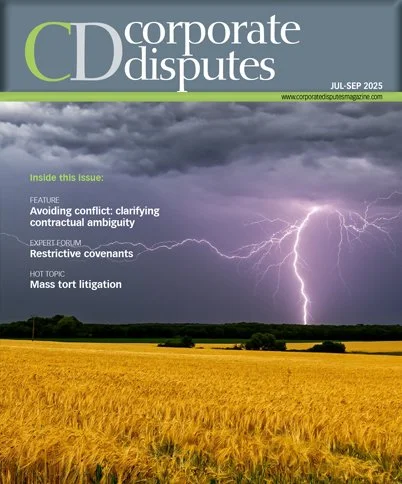MITIGATING SANCTIONS RISK IN A RAPIDLY EVOLVING GEOPOLITICAL LANDSCAPE
In recent years, there has been an expansion in the scope and complexity of sanctions by the US, the European Union (EU), China and other major trading nations. Although it is not yet clear precisely what posture the second Trump administration will adopt regarding sanctions, on 10 April 2025 the administration extended for another year the Russia sanctions originally imposed by the Biden administration, and sanctions are likely to be an abiding feature of US foreign policy.
The imposition of sanctions can impact contracts, creating a conflict between statutory obligations to comply with sanctions and contractual performance. This reinforces the importance of robust contractual mechanisms to address such risks.
In this article, we discuss force majeure clauses and sanctions clauses and the extent to which they can insulate parties’ commercial interests from the impact of sanctions in contracts governed by English and Singapore law.
Force majeure clauses
A force majeure clause is a contractual provision that releases parties from partial or full performance of their obligations when certain unforeseen events prevent, hinder or delay such performance, and where certain requirements, including notice, are satisfied.
The inclusion of such clauses can be significant in contracts governed by English or Singaporean law. Absent such clauses, the main emergency valve that would relieve parties from their contractual bargain is the doctrine of frustration.

